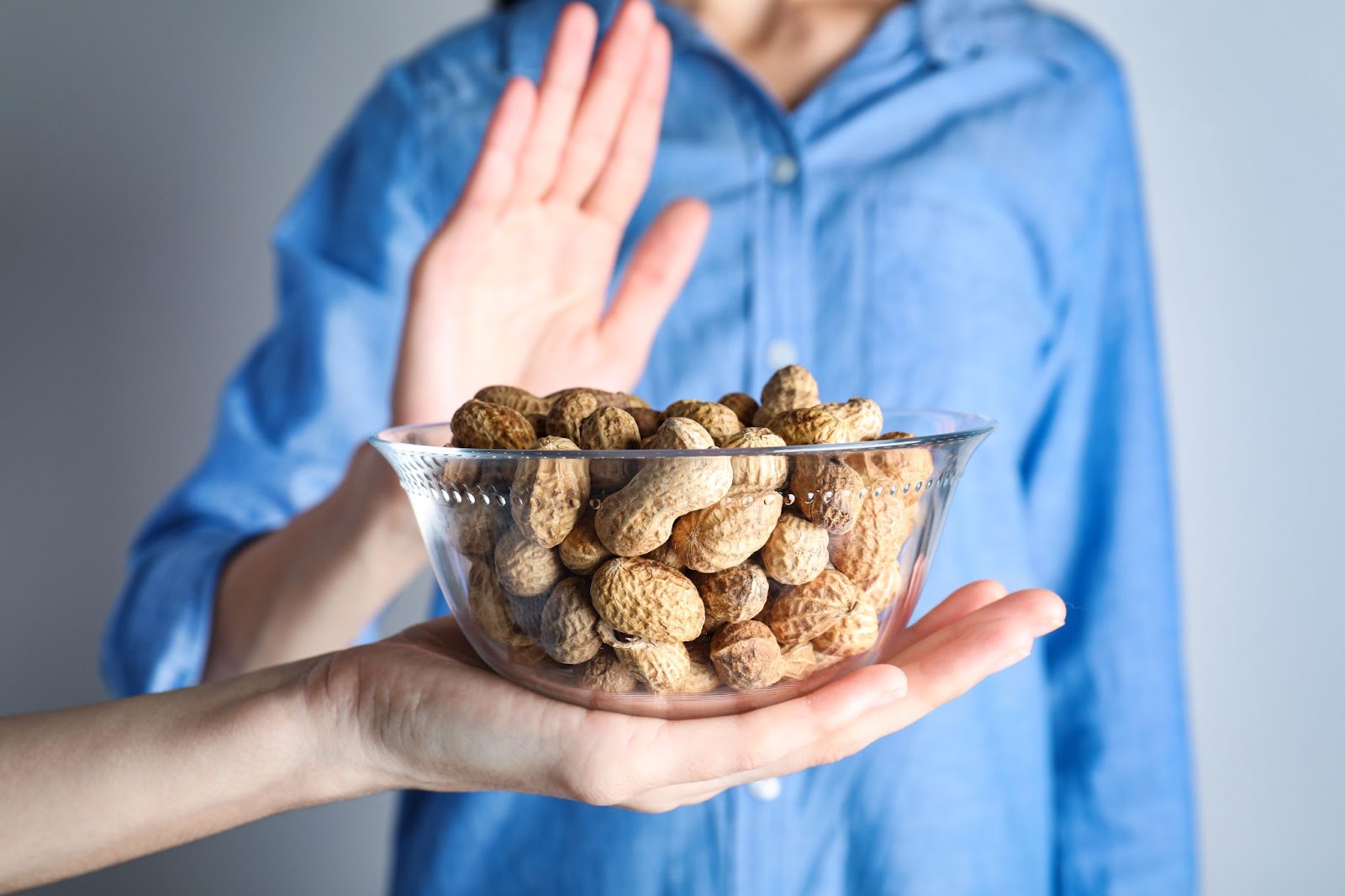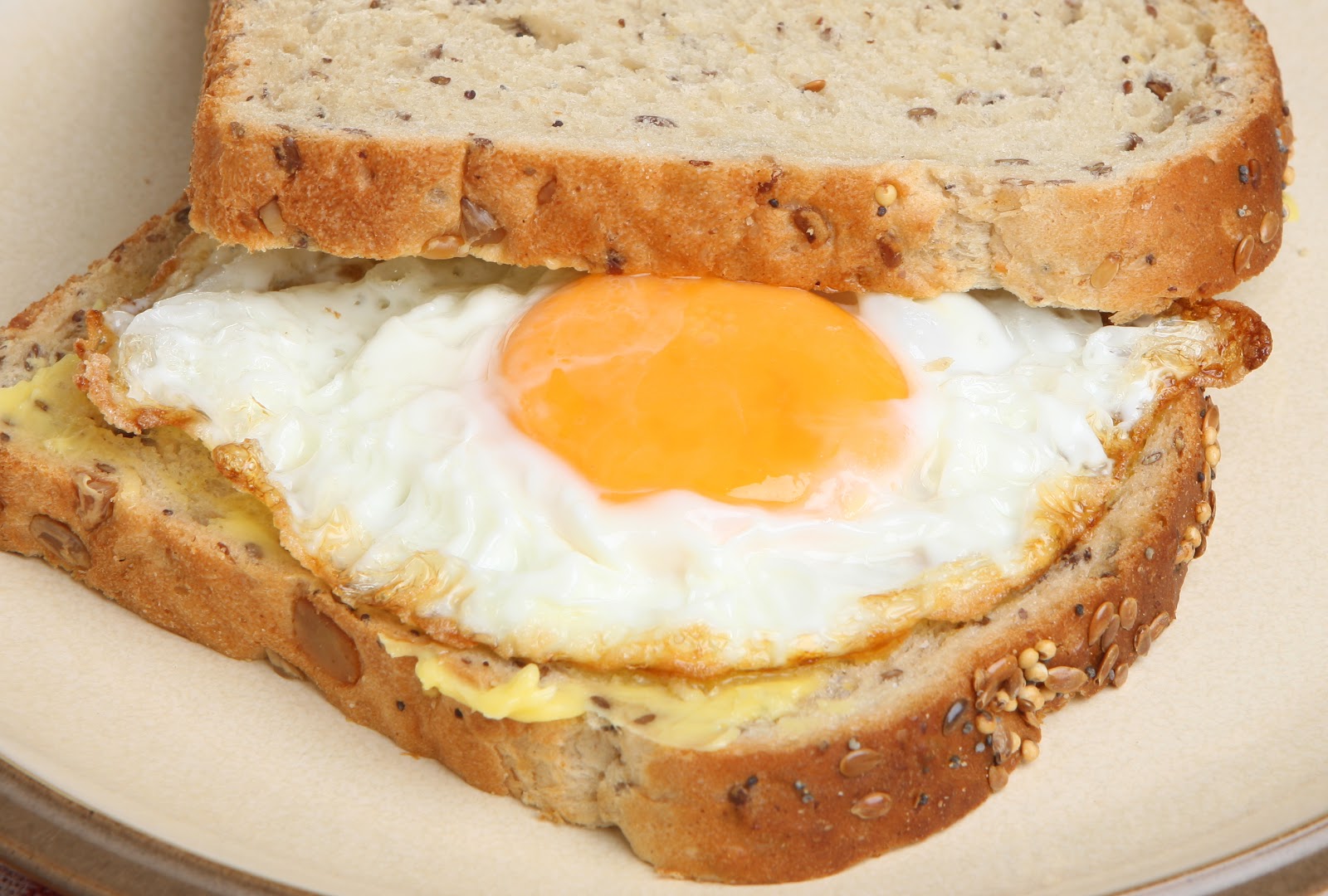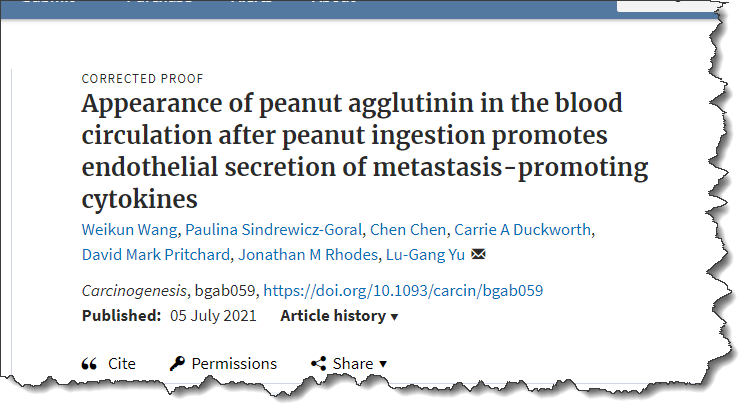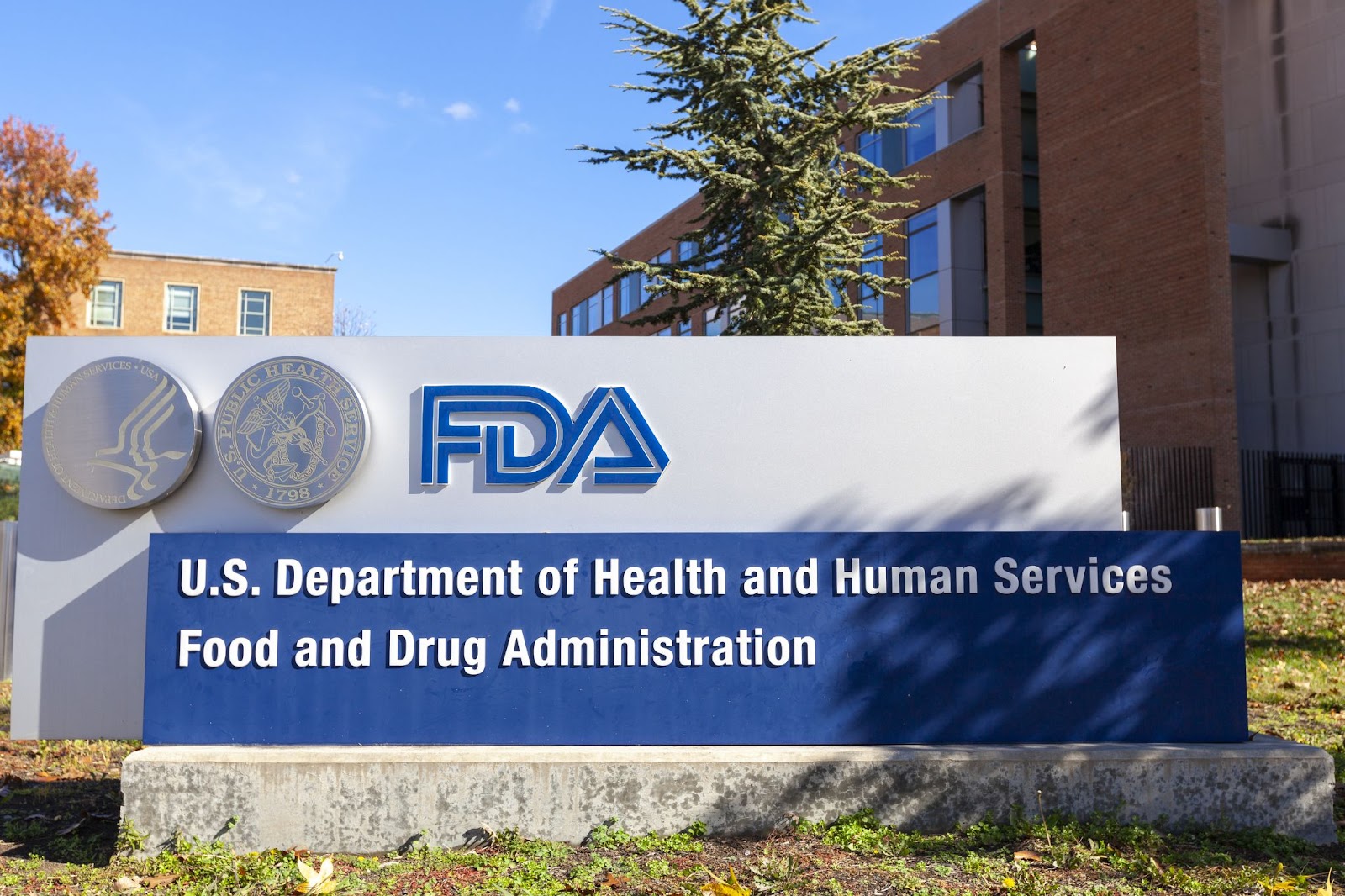
I personally avoid all nuts and here’s why…

Story-At-a-Glance
Matt Cook here, and nobody likes being told they can’t eat a particular food.
Whether it’s because of an allergy or because it’s unhealthy, nobody likes hearing “don’t eat this food!”
But here’s the thing — there’s actually 1 very good, potentially life saving reason why I never, ever eat peanuts.
And I’m constantly warning men as often as I can.
So just hear me out… then decide for yourself…
—-Important Message From Bill Radcliffe—-
Massive erections from a fried egg sandwich?

This is pretty crazy… a 55-year-old investment banker put some of this weird food on his morning fried egg and bacon sandwich…
And that very evening he treated his much younger lover to a tornado of full-body orgasms that made her shake convulsively…
If you’ve ever failed to get or keep a massive, super stiff erections so full of life you can see your heartbeat in it…
Or you’ve climaxed too soon and not been able to recover and keep the action going…
Then you need to see this…
>> Eat this delicious morning food for massive erections TONIGHT<<
———-
This is why I never, ever eat peanuts
People often look at me like I have three heads when I tell them not to eat nuts — with the exception of macadamia nuts.
That’s because nuts are loaded with PUFA fats, which cause serious problems in the body including chronic inflammation.
It’s one of the food groups I tell people to eliminate or dramatically reduce if they want to have a good chance to improve their sexual health as well as their overall health.

In a study from the University of Liverpool, they looked at “high consumption” of peanuts and the effect it has on cancer cells.
Peanuts are high in fat, so it doesn’t surprise me that they cause problems with cancer.
High fat foods are terrible for your body and really bad if you have cancer.
Technically, peanuts are legumes, but the fat content gets them put in with nuts or “oilseeds” on a regular basis.
And when I say not to eat nuts, I’m including peanuts in that mix.
Peanut (Arachis hypogaea) is technically considered as pea and belongs to the family (fabaceae) of bean/legume. Although a legume; it is generally included amongst the oilseeds due to its high oil content.
But in this study they weren’t looking at the fat in the peanuts.
They were looking at something called peanut agglutinin or PNA.
The study, published in Carcinogenesis, shows that Peanut agglutinin (PNA) — a carbohydrate-binding protein that rapidly enters into the blood circulation after peanuts are eaten — interacts with blood vascular wall (endothelial) cells to produce molecules called cytokines.
The PNA produces cytokines. And these particular cytokines help cancer spread.
The cytokines in question, IL-6 and MCP-1 are well-known promoters of cancer metastasis. The increased cytokine production causes other endothelial cells to express more cell surface adhesion molecules, making them more attractive to the circulating tumor cells and thus potentially promoting metastasis.
It’s pretty scary that if you pig out on peanuts you could encourage cancer to spread in your body!
The researchers believe that if you consume large quantities of peanuts that it can promote the spread of cancer because of this PNA compound.
Although further research and investigation are still needed, these studies suggest that very frequent consumption of peanuts by cancer patients might increase the risk of metastatic spread.
PNA seems to only be a problem if you eat A LOT of peanuts.
It does look like “normal” peanut consumption doesn’t have this cancer spreading effect.
In our previous healthy volunteer study, substantial blood concentrations of PNA were only seen transiently one hour or so after consumption of a large dose (250g) of peanuts, so it may be that ‘normal’ peanut consumption yielding lower PNA concentrations is harmless.
But I would say that based on my research, “normal” peanut consumption can trigger the conditions that cause cancer to occur in the body in the first place.
A cup of peanuts contains a whopping 23 grams of polyunsaturated fatty acids — the dreaded PUFA fats.
PUFA fats cause chronic inflammation in the body and go rancid in your gut, so they can set you up for the conditions that create cancer.
Overall, it’s a good idea to avoid peanuts because they have such a high PUFA fat content.
Personally, I avoid PUFA fats like the plague because they impact health so profoundly.
—-Important Message From Matt—-
Watch: controversial video blows the lid off 100-year old FDA secret

I’m blowing the lid off a very well-kept secret…
A secret that Big Pharma and the FDA have been hiding from us for more than 100 years.
This secret has the power to turn modern medicine on its ear, if I can get it out before they silence me…
So I made this video, hosted on a private page, where I hope THEY won’t see it.
I can’t promise how long it will be up, but every man NEEDS to watch this before they eat another bite of food.
And I mean ANY food…
So hurry and watch this video now to see what I’ve discovered before it’s too late.


